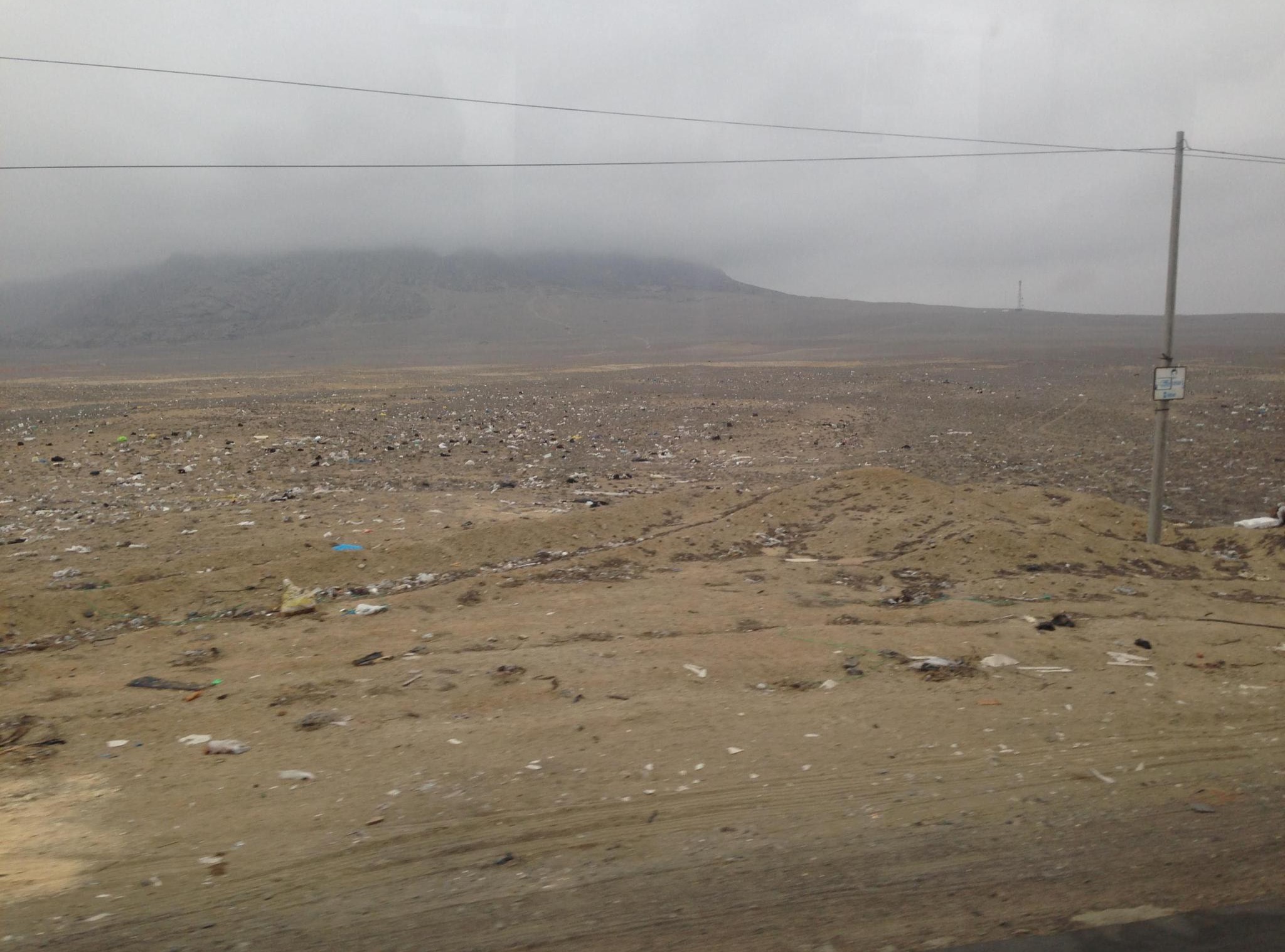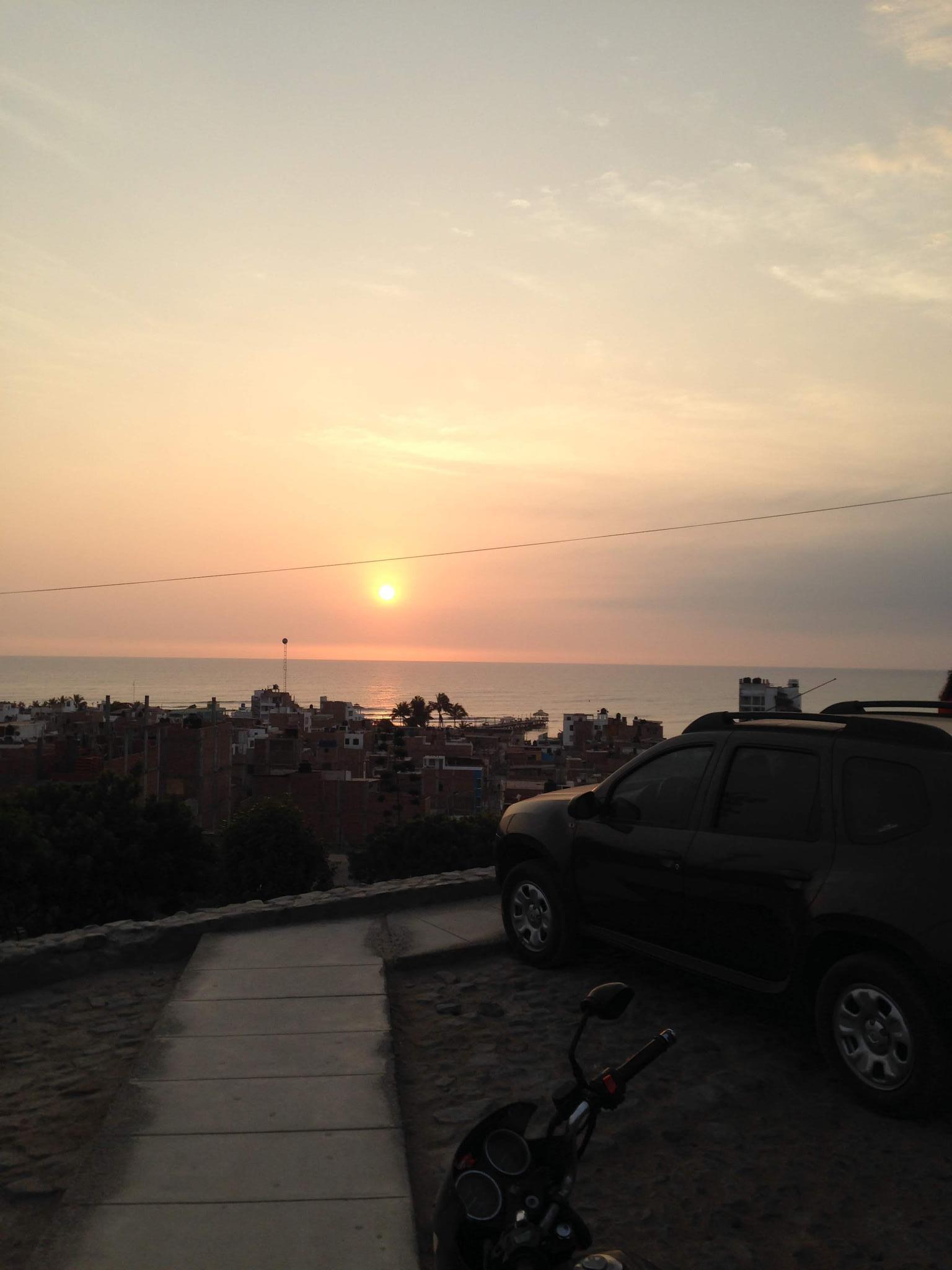The Twilight of Democracy in Peru?
The context and consequences of Keiko Fujimori's attempt to subvert Peruvian democracy
July 2, 2021
Claims of a stolen election with no proof of theft. A candidate that refuses to concede. Aggressive post-electoral marches. Peru is the country this time and Keiko Fujimori the provocateur, following the U.S. example set only months earlier.
What Happened
On June 7, 2021 Pedro Castillo received just over 50 percent of votes cast in the second round of Peru’s presidential election to win the presidency of Peru. Castillo is the candidate of the left-wing party Peru Libre which some have called Marxist (a term used to describe practically everyone of the left in Latin America). His opponent, Keiko Fujimori, is the daughter of ex-dictator Alberto Fujimori who ruled the country from 1990 to 2000.
Alberto is currently serving a 25 year prison sentence for crimes against humanity and corruption. Keiko will also likely end up in jail if she cannot overturn the election results as she faces charges of money laundering during past political campaigns. As president, Keiko would be immune from prosecution and could pardon her father. On the campaign trail, she pledged she would indeed pardon him if elected. As such, the election results are a fight for the freedom of her and her father as much as the presidency itself.
Even if Keiko loses her attempt to overthrow the election, she will inflict lasting damage on democracy in Peru -- just as Trump has in the United States. She has called for the annulation of thousands of votes and claimed voter fraud with no evidence. Fueled by Keiko’s lies, her followers have aggressively taken to the streets to protest the election results. A judge on the tribunal considering the legal case of the baseless claims of voter fraud resigned suddenly June 24 which left the tribunal without a quorum and thus unable to certify Pedro Castillo’s victory. In an unlikely coincidence, the judge has ties to Keiko’s allies. An ex-advisor to Alberto Fujimori, Vladimiro Montesinos, was recorded from jail saying that all that was needed was a 3 million dollar bribe for each judge overseeing Keiko’s election challenge. Hopefully the majority of the judges stand firm.
A Peruvian friend who vehemently opposes Keiko believes the goal is to delay certification of the election until July 25, the scheduled inauguration. Without a president, the Peruvian congress may try to install one and the leader of the majority is allied to Keiko. While the United States lived through months of pre-election speculation about what might happen in a contested election and theories abounded about how one might be resolved, Peru is living this hell.
Contextualizing the Events in Peruvian History
Pedro Castillo’s party, Peru Libre, is a left-wing party that has talked about nationalizing industries and expelling international companies from the country. While Castillo has recently moderated his more extreme left-wing positions, his party’s history has led many to fear that a Castillo administration will turn Peru into the next Venezuela, Cuba or Nicaragua -- countries with corrupt, left-wing dictators that have driven away capital whose economies are in free fall (the reasons for these failures are complex; a simple reading of the situation by those disposed to oppose the left emphasizes the inherent fallacies of left-wing economics).
Although the region has also had plenty of brutal and corrupt right-wing dictatorships, many on the right argue a right-wing dictatorship is preferable to a left-wing dictatorship. A left-wing dictatorship might threaten the wealth and property of the ruling classes while a right-wing dictatorship would presumably leave society as it is.
And leaving society as it is is exactly what many Peruvians do not want. Keiko has been in politics her whole life and for many represents a continuation of her father’s rule. Keiko’s father privatized many industries which is part of a cycle of market capture and the predominance of foreign capital. As Ricardo, a young Peruvian, vented to me, “We work for foreigners. We are slaves in our own country. They [those with political and economic power] continue selling our land and a few companies keep monopolizing the Peruvian market.” Market power is highly concentrated in many sectors in Peru; for example, one chain controls 80% of all pharmacies in the country. A lack of government regulation and corruption that prevents a change to the laws are what many blame for the situation. Foreign capital finances over 80 percent of mega projects in natural resource extraction in Peru meaning large portions of the wealth benefit foreign companies. As a hostel owner in the Andean town of Huarez lamented, “Foreign companies can bribe their way into any part of Peru. They get the local governments to let them extract, pollute and leave without spending the time and money to clean up.”

Castillo has argued that Peru is a rich country with too many poor people and aims to renegotiate the terms of contracts with foreign companies operating in Peru. He plans to use the money to invest in health and education.
And public investment in people is arguably what Peru needs. Ricardo continued, “I know that Castillo might screw over Peru. He has no experience in government and he could make Peru like Venezuela. I know the economy could go to hell but at least Castillo offers a chance at a better future in a country that is already screwed by those in power. So many Peruvians live in terrible conditions, terrible poverty. We work our whole life and we work hard. We have all fought since we were in our mother’s stomachs.” Indeed, 30 percent of Peruvians live in poverty and the country has the highest number of deaths per capita from Covid-19 in the world. The high death toll is itself a reflection of the country’s poverty. Many lack refrigeration and thus must go to the market and expose themselves, those who work formally live day by day on what they earn is high, and many lack access to high quality, private medical care.
Keiko also represents the continuation of a corrupt Peru. While Castillo’s advisor Vladimiro Cerron faces allegations of corruption, Keiko, her father and his main advisor Vladimiro Montesinos (mentioned above) all are blighted by accusations or convictions of corruption. In 2018, a major scandal broke when judges were caught on audio discussing accepting bribes for favors; in one case, a judge agreed to let a rapist free in exchange for cash which encapsulated for many the deep corruption in Peru.
Keiko is also stained by the violent legacy of her father which violated many human rights. In addition to a forced sterilization campaign of indigenous women, Alberto was convicted of the assassinations of innocent civilians during the conflict with Marxist guerrillas. These crimes were part of a fight with the Marxist insurgency Sendero Luminoso in the 1980s and 1990s. During the conflict, Alberto installed himself as a right-wing dictator.
A Marxist Dictator?
If Keiko’s attempts to subvert the will of the electorate fail, the question is whether Castillo himself will respect democracy. Members of his party Peru Libre have links with the above-mentioned Marxist guerrilla group Sendero Luminoso which has dedicated itself to a violent overthrow of the Peruvian state. An advisor of Castillo, Vladimir Cerron, has floated the idea of closing Peru’s congress and keeping the left in power indefinitely if elected. Castillo has recently attempted to distance himself from Cerron but many are not convinced that Castillo will respect democratic norms.
Castillo also may harm the economy if he scares away foreign investment. As noted in Stories of Latin America, Latin America is a difficult place to secure affordable capital and Peru is no different; simply consider that less than 40 percent of Peruvians have a bank account and thus no credit record that would allow them to access the financial system (although there have been recent improvements in the access to capital in Peru).
If capital does not come from inside the nation, it must come from outside. And while no country wants their wealth exploited and sent abroad, scaring away investment is not a recipe for economic success. Indeed, studies have found that foreign direct investment (FDI) in a nation is correlated with economic growth in that nation. The question is whether the terms of resource extraction are favorable for the country with the resources (as Castillo has highlighted) and whether the nation receiving the FDI can acquire the advanced manufacturing and extractive skills and technology to move toward middle and upper income status (as opposed to interminably serving as a location for resource extraction and/or low-skilled manufacturing).
But Castillo’s room to implement a Marxist dictatorship is thin. He only won by about 40,000 votes. Many people that voted are not dedicated Marxists but rather sick of the Fujimoris, their corruption, and the poverty in which so many Peruvians live. Juana of Trujillo -- a large northern coastal city -- voted for Castillo more as a protest against Keiko and her corruption and not as an endorsement of a Marxist system. The above-mentioned Ricardo voted for Castillo for similar reasons. As the Peruvian intellectual Alberto Vergara states, “We are not talking about a country that is half-communist [...] the rural teacher [Castillo] is simply someone who allows Peruvians to express their frustration [with what has happened in Peru].”
As we learned from the 2020 U.S. election, the only thing that protects democracy are the people who control the democratic institutions. Likewise, the only thing that will protect Peruvian democracy are those in charge of institutions that safeguard democracy. With the resignation of a key judge on the tribunal overseeing election challenges the signs are troubling. If Keiko is able to subvert the will of the electorate, others in the region will likely follow and endanger democracy in Latin America. Trends spread. Keiko, and anyone who may imitate her, are just following the trend from the United States.

